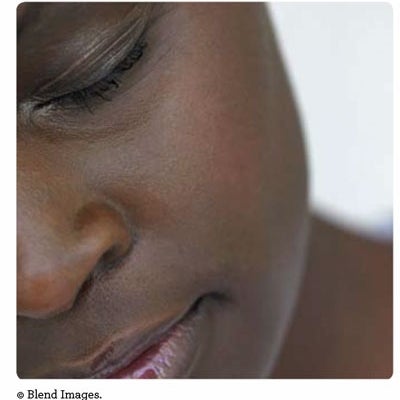Refine results
-
Aboriginal and Torres Strait Islander Social Justice19 May 2014Submission
ALRC: Review of the Native Title Act 1993
Australian Human Rights Commission Submission to the Australian Law Reform Commission ALRC: Review of the Native Title Act 1993 14 May 2014 Downloads Download in PDF Download Word Table of Contents 1 Introduction 2 Recommendations 3 General Comments 4 The Native Title Act and its consistency with international human rights standards 4.1 The United Nations Declaration on the Rights of… -
Race Discrimination18 March 2021Publication

Racial Equality Review of Basketball Australia (2021)
In August 2020, the Australian Human Rights Commission (the Commission) was engaged by Basketball Australia to undertake an independent Racial Equality Review (‘the Review’) of the sport at a national level -
Legal14 December 2012Webpage
Subject Index - Submissions to the Commonwealth Parliament
Submissions The Commission seeks to promote and protect human rights through submissions to parliamentary inquiries, government departments and law reform bodies. Recent Submissions Telecommunications and Other Legislation Amendment (Assistance and Access) - Bill 2018 Inquiry into local adoption - 12 June 2018 Independent Review of the Australian Public Service - 17 July 2018 Review of the … -
1 August 2014Book page
Chapter 5: The legal and policy framework
In summary Australia has entered binding international human rights obligations to prohibit pregnancy/return to work discrimination. Australian laws, such as the Sex Discrimination Act 1984 (Cth), implement these obligations by prohibiting discrimination on the grounds of pregnancy, potential pregnancy, breastfeeding and family responsibilities. The National Review found that while the… -
Legal14 December 2012Webpage
Date Index - Submissions to the Commonwealth Parliament and law reform bodies
Submissions to the Parliaments and law reform bodies Date Index On the instructions of the Commission, another function of the Legal Section is to prepare submissions to the Commonwealth Parliament. See below for some of the submissions prepared by the Legal Section and other units in the commission: See also Submissions sorted by committee sorted by subject other submissions 2018 -
Race Discrimination14 December 2012Project

In our own words - African Australians: A review of human rights and social inclusion issues (2010)
In our own words African Australians: A review of human rights and social inclusion issues 2010 Download in PDF [1.10 MB] Download in Word [514 KB] Contents Introduction About the project Supporting research and analysis Guiding principles Project findings Training and employment Education Health Housing Engaging with the justice system Emerging issues Ways forward Acknowledgments Appendix … -
Legal14 December 2012Webpage
Submission: Australia's Future Tax System (Retirement Income System) (2009)
Australia's Future Tax System (Retirement Income System) Australian Human Rights Commission Submission to the Review Panel on Australia's Future Tax System 27 February 2009 Download PDF Download Word Table of Contents 1 Introduction 2 Summary 3 Recommendations 3.1 Remove Barriers to Women’s Workforce Participation 3.2 Increase life-time earnings for women by reducing the gender pay gap 3.3… -
14 December 2012Book page
Ismaع - Listen: Strategies Document
Ismaع - Listen Home || Independent Research || Strategies Document || Audio Resources || Media Pack || Consultations Table of Strategies As part of the Ismaع project, the Human Rights and Equal Opportunity Commission (the Commission) investigated existing initiatives that address anti-Arab or anti-Muslim prejudice at a local, state and federal level across Australia. We conducted research… -
14 December 2012Book page
Indigenous young people with cognitive disabilities
This section outlines current knowledge around Indigenous young people with cognitive disabilities and/ or mental health issues. It introduces concepts and best practice models from Australia and internationally. -
Legal14 December 2012Webpage
Submission to Australian Government Department of Education, Employment and Workplace Relations on the Discussion Paper, National Employment Standards Exposure Draft (2008)
Submission of the HUMAN RIGHTS AND EQUAL OPPORTUNITY COMMISSION (HREOC) to the AUSTRALIAN GOVERNMENT DEPARTMENT OF EDUCATION, EMPLOYMENT AND WORKPLACE RELATIONS ON THE DISCUSSION PAPER, NATIONAL EMPLOYMENT STANDARDS EXPOSURE DRAFT (2008) Human Rights and Equal Opportunity Commission Level 8, 133 Castlereagh St GPO Box 5218 Sydney NSW 2001 Ph. (02) 9284 9600 4 April 2008 Download PDF…
Pagination
- First page « First
- Previous page ‹ Previous
- …
- 9
- 10
- 11
- 12
- Current page 13
- 14
- 15
- 16
- 17
- …
- Next page Next ›
- Last page Last »
